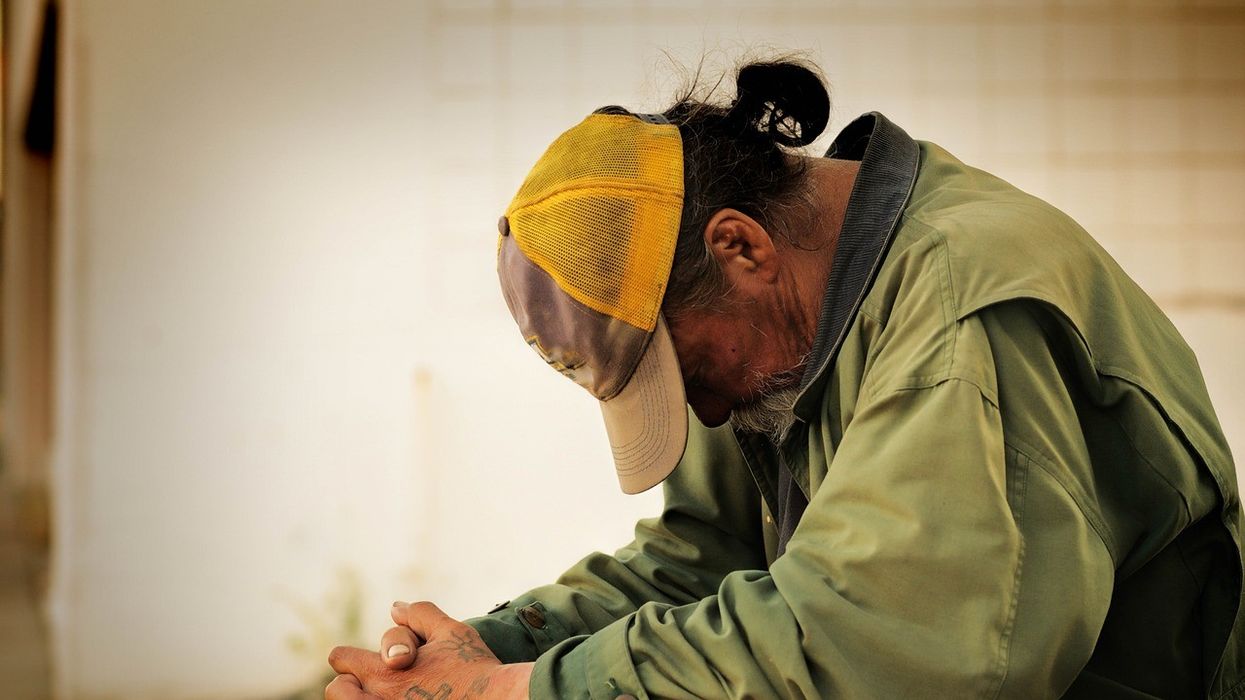We all knew it would happen.
That our record-low interest rates would finally start to edge up, sparking panic for overly indebted home buyers, who Ottawa worries are in over their heads, especially in Toronto’s overheated market.
On July 12, the Bank of Canada hiked its key rate by 0.25 per cent — after it sat at a record low of 0.5 per cent for the past seven years.
For those playing the variable rate game, where borrowing is cheap — payments automatically jumped. For example, if you enjoyed an interest rate of 2.7 per cent before July 12, and that rate jumped to 2.95 per cent, you are now paying $53 more a month or $636 a year on a $415,000 mortgage.
That’s hardly a frightening increase — but economists believe this is just the start of rising rates. Of course, if you have a locked-in, fixed-rate mortgage rate, no worries. Only at renewal, will you face higher borrowing costs.
So, why the panic?
$2.041 trillion
Canadians, once a nation of savers, are up to their eyeballs in debt — owing a whopping $2.041 trillion in total household debt in the first quarter of 2017, with a debt-to-income ratio of 166.9 per cent. That means for every $1 in disposable income, Canadians owe $1.67.
Of that 65.7 per cent is mortgage debt, up from 65.6 per cent in the final quarter of 2016. Mortgages are normally considered good debt, since borrowing is tied to what is perceived a valuable asset — a home.
But a worrisome trend is how more and more Canadians have been using their homes as personal ATMs, borrowing against rising equity with popular HELOCs (Home Equity Lines of Credit).
Now, another worrisome trend has emerged. That’s monster mortgages, which have become popular in hot markets like Toronto, where first-time buyers were being shut out. In Toronto – where bid-ups and multiple offers were running rampant — average prices for all homes hit just under $1 million this past spring.
With new clampdowns in Ontario, like a foreign buyer’s tax, which are similar to measures introduced in B.C. aimed at cooling Vancouver’s overheated market, Toronto is now experiencing a more balanced market.
But, here’s what’s scary: In its recent semi-annual Financial System Review, where the Bank of Canada looks at possible shocks to the economy — it was revealed that nearly half of new, high-ratio borrowers in Toronto had loan-to-income ratios of more than 450 per cent. A loan is considered high-ratio when the buyer only has home equity of 20 per cent or less.

This alarming jump happened even after Ottawa clamped down, with new stress tests for qualifying for a mortgage. In Vancouver, 39 per cent of new high-ratio borrowers are in this category, while our central bank warns monster mortgages are spreading outside Toronto, to places like Oshawa and Hamilton.
“In these cities,” said the Bank of Canada report, “the proportion of high-ratio mortgages with … ratios exceeding 450 per cent has more than doubled over the past three years, from 10 per cent to roughly 25 per cent.”
The bank fears almost a third who took on a high-ratio mortgage would not qualify under Ottawa’s new rules, which stipulate the total cost of a mortgage payment plus utilities and taxes must not eat up more than 39 per cent of the borrower’s gross income.
As one analyst rightly stated, Canada’s mortgage debt has reached the same levels as in the U.S. before the financial crisis of 2008-09.
Meanwhile, others argue decent income gains are keeping this house of cards from crashing, pointing to the Statistics Canada Labour Force Survey, which has exceeded expectations for months. But StatsCan’s latest Survey of Employment tells another story. It shows job creation is performing at its worst level since the 2009 recession, with employers creating only 11,000 new jobs a month for the first five months of this year.
Deflationary crash?
So, is it possible that Toronto’s market will suffer the same deflationary crash as in 1990, when then Finance Minister Michael Wilson doused the flames of inflation with higher rates, and Toronto’s home prices tumbled from a 1989 high of $289,000 to as low as $166,000?
If that were to happen, Canada would suffer the major economic shock many think tanks are warning of. Yet many analysts and real estate gurus are not predicting a crash, just a subtle correction with perhaps modest price adjustments in some overheated neighbourhoods.
Meanwhile, Canadian Mortgage and Housing Corp. (CHMC) and the Canadian Bankers Association (CBA) point out that Canadians appear to be handling their debt loads. The CBA reports that as of April 30 this year, the percentage of mortgages in arrears was a mere 0.26 per cent, while latest statistics from CMHC show the number of mortgages 60 to 90 days behind in payments has been dropping.
But keep in mind, these stats were before the rate increase.
Take the stress test
So here’s my advice:
As tough as it is, save for a decent down payment and do not go in over your head. Take the stress test, and make sure you can afford the home especially if rates were to rise higher.
If you are a home owner with a variable rate, time to lock in. Shop around, and get the best rate.
Stop using your home as a personal ATM.
If you don’t have one, it is time for a sound financial plan. Without a well-thought-out financial road map, you will be spinning your wheels.





















